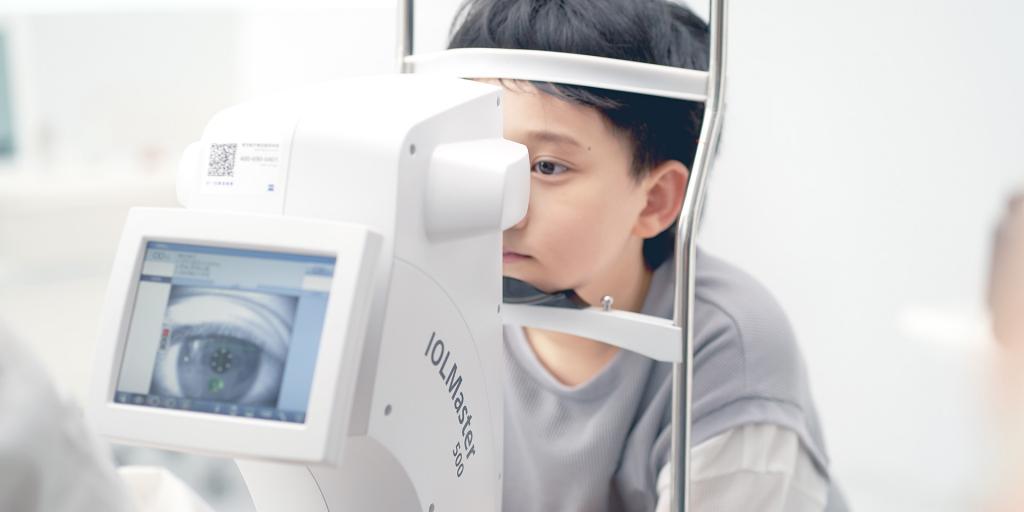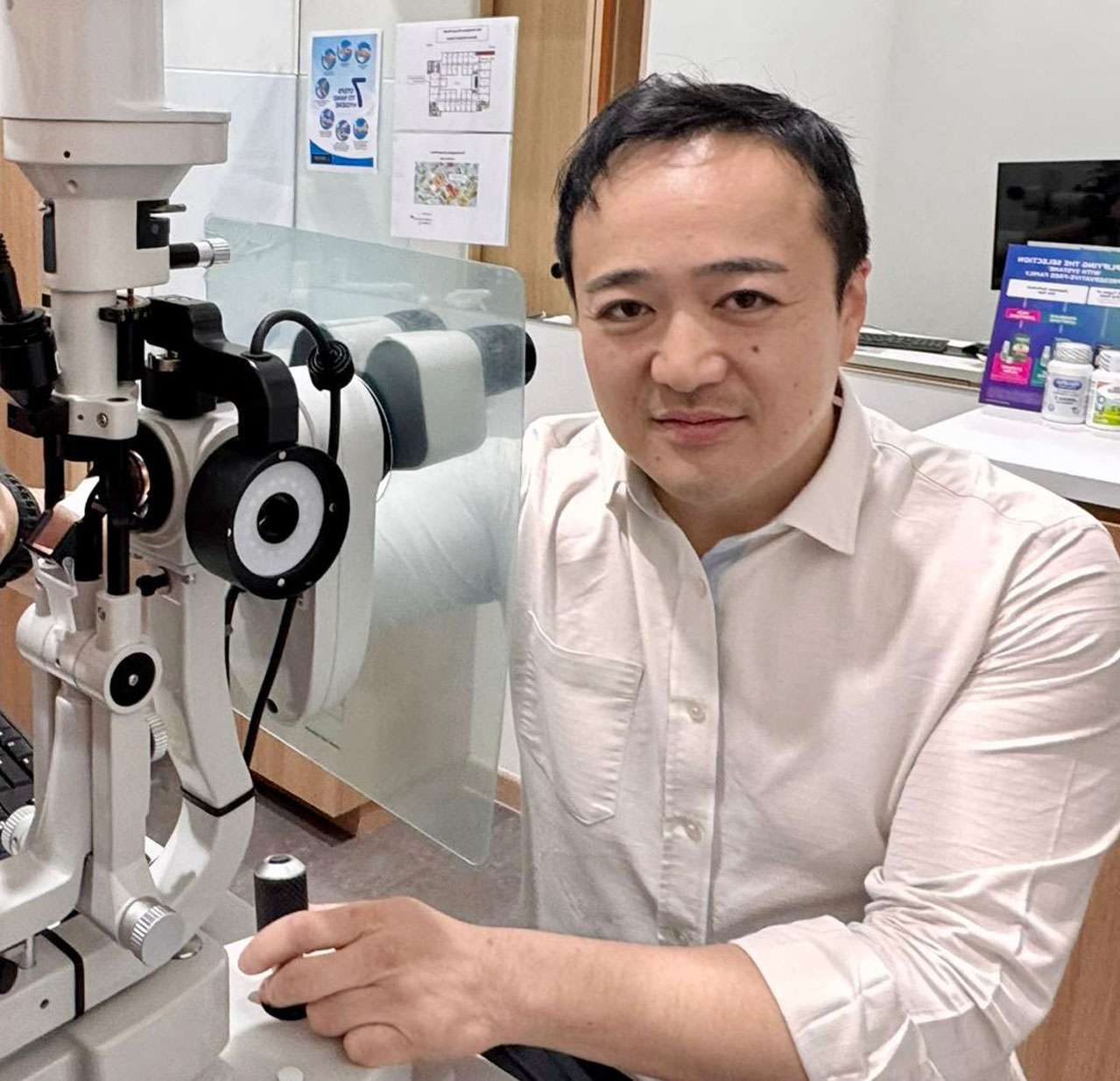When Your Child’s Red, Itchy Eyes Are More Than Just a Reaction
It’s not unusual for children to rub their eyes occasionally, but if your child frequently experiences red, itchy, or watery eyes, it could be more than just seasonal irritation. Allergic conjunctivitis is common in school-age children, and some may develop more persistent or severe forms, such as Vernal Keratoconjunctivitis (VKC).
At London Eye & Retina, we help parents identify and manage these eye allergies with an approach that focuses on both symptom relief and long-term eye comfort.
What Is Allergic Conjunctivitis?
Allergic conjunctivitis occurs when the eyes react to allergens such as dust, pollen, pet dander, or environmental triggers. It causes inflammation of the conjunctiva, the clear tissue covering the white part of the eye and inner eyelids.
There are different types:
- Seasonal Allergic Conjunctivitis – triggered by pollen or outdoor allergens, often worse during certain times of the year
- Perennial Allergic Conjunctivitis – occurs year-round, often due to indoor allergens like dust mites or mould
- Vernal Keratoconjunctivitis (VKC) – a more severe, chronic form typically affecting boys between ages 5 and 15, particularly in warmer climates
What Causes It?
Children with a family history of allergies, asthma, or eczema may be more likely to develop allergic eye conditions. Triggers include:
- Pollen and grass
- House dust mites
- Animal dander
- Air pollutants
- Eye rubbing or poor lid hygiene (which can worsen symptoms)
VKC may also have an immune-mediated component and tends to be more persistent and recurrent.
What Are the Symptoms?
Children may present with:
- Red or bloodshot eyes
- Itchy, irritated eyes (often leading to constant rubbing)
- Watery or stringy discharge
- Swollen eyelids
- Light sensitivity (especially in VKC)
- Foreign body sensation (feeling like something is in the eye)
In VKC, symptoms can be more intense and long-lasting, and children may develop large bumps (papillae) on the inner eyelids or inflammation near the cornea, which can impact vision if left untreated.
When Should Parents Be Concerned?
Most mild cases of allergic conjunctivitis are self-limiting. However, you should bring your child in for a specialist review if:
- Symptoms persist beyond a few days
- Vision becomes blurry
- There is significant light sensitivity
- Your child is constantly rubbing their eyes
- Over-the-counter drops are not helping
- Symptoms worsen with each season
Early assessment and treatment are especially important for VKC to prevent corneal involvement.
How Is It Diagnosed?
At London Eye & Retina, our child-friendly eye assessments include:
- Visual acuity testing
- External eye and eyelid examination
- Slit-lamp biomicroscopy to inspect the conjunctiva and cornea
- Discussion of allergy history and potential triggers
VKC has a characteristic appearance and can usually be diagnosed clinically, though in some cases, referral to an allergist may be recommended for broader allergy management.
Treatment Options
Treatment focuses on relieving symptoms and preventing long-term complications:
- Allergen avoidance where possible (e.g. using air filters, reducing dust exposure)
- Cold compresses for soothing relief
- Lubricating eye drops to flush out allergens and reduce irritation
- Topical antihistamines or mast cell stabilisers
- Prescription steroid eye drops for moderate to severe VKC (used under close supervision)
- Immune-modulating drops such as cyclosporine (in chronic VKC cases)
Avoiding eye rubbing is crucial, as this can worsen inflammation and increase the risk of corneal damage.
Helping Your Child Feel Better, And See Clearly
Allergic conjunctivitis and VKC can significantly affect your child’s comfort, focus at school, and quality of life. With the right care and follow-up, most children experience good control of symptoms and enjoy improved daily function.
Book a children’s eye consultation at London Eye & Retina for a tailored allergy management plan that supports your child’s eye health, through every season.
Soothing Solutions for Itchy, Irritated Eyes


